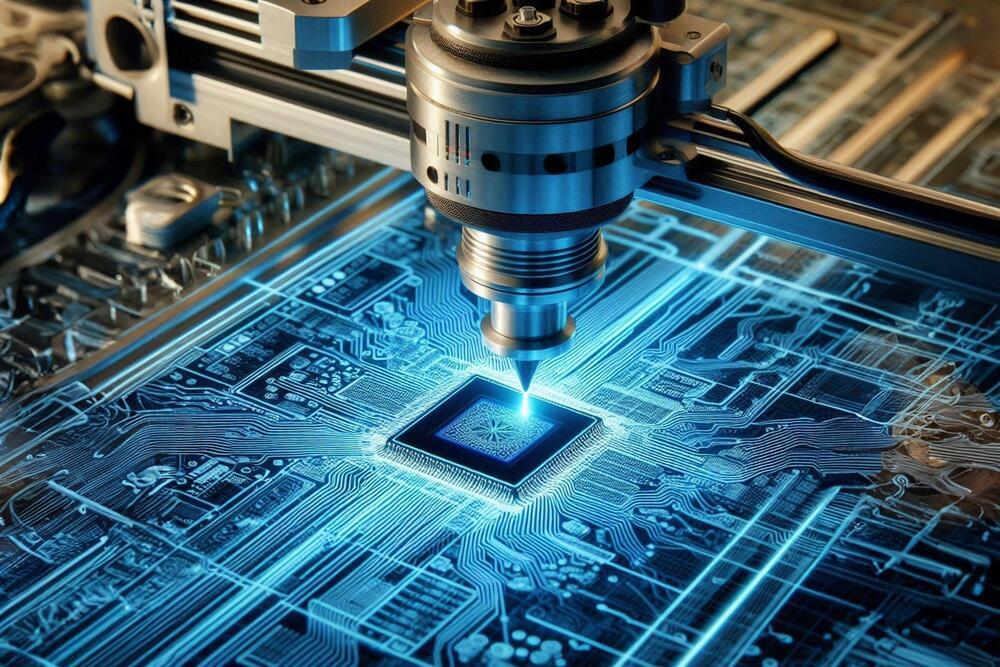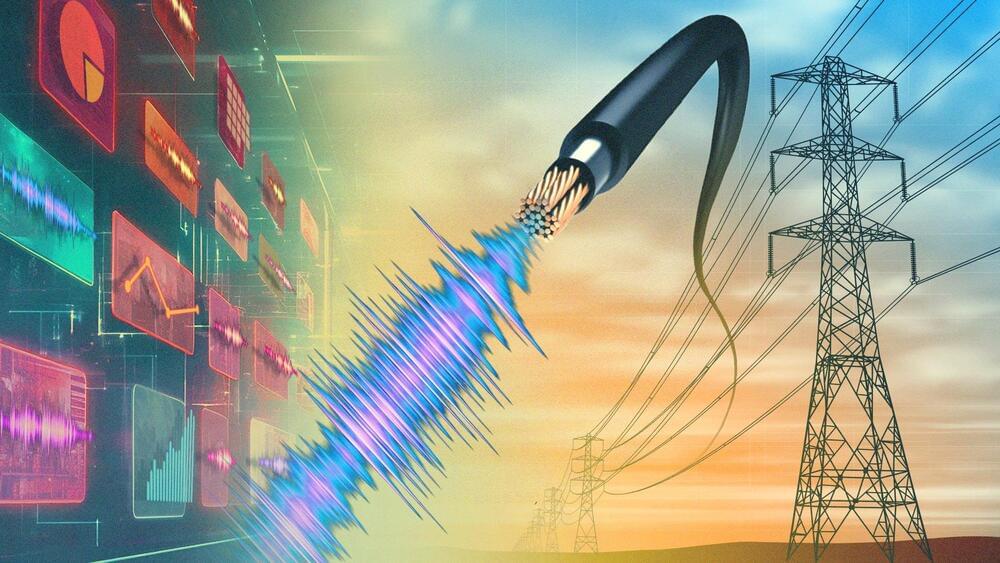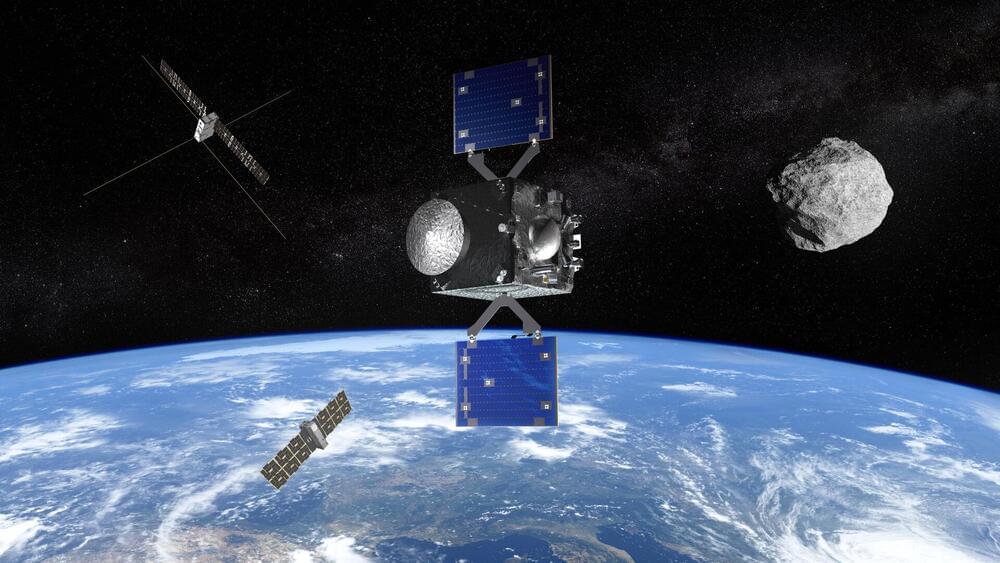A new method enables precise nanofabrication inside silicon using spatial light modulation and laser pulses, creating advanced nanostructures for potential use in electronics and photonics.
Silicon, the cornerstone of modern electronics, photovoltaics, and photonics, has traditionally been limited to surface-level nanofabrication due to the challenges posed by existing lithographic techniques. Available methods either fail to penetrate the wafer surface without causing alterations or are limited by the micron-scale resolution of laser lithography within Si.
In the spirit of Richard Feynman’s famous dictum, ‘There’s plenty of room at the bottom’, this breakthrough aligns with the vision of exploring and manipulating matter at the nanoscale. The innovative technique developed by the Bilkent team surpasses current limitations, enabling controlled fabrication of nanostructures buried deep inside silicon wafers with unprecedented control.






